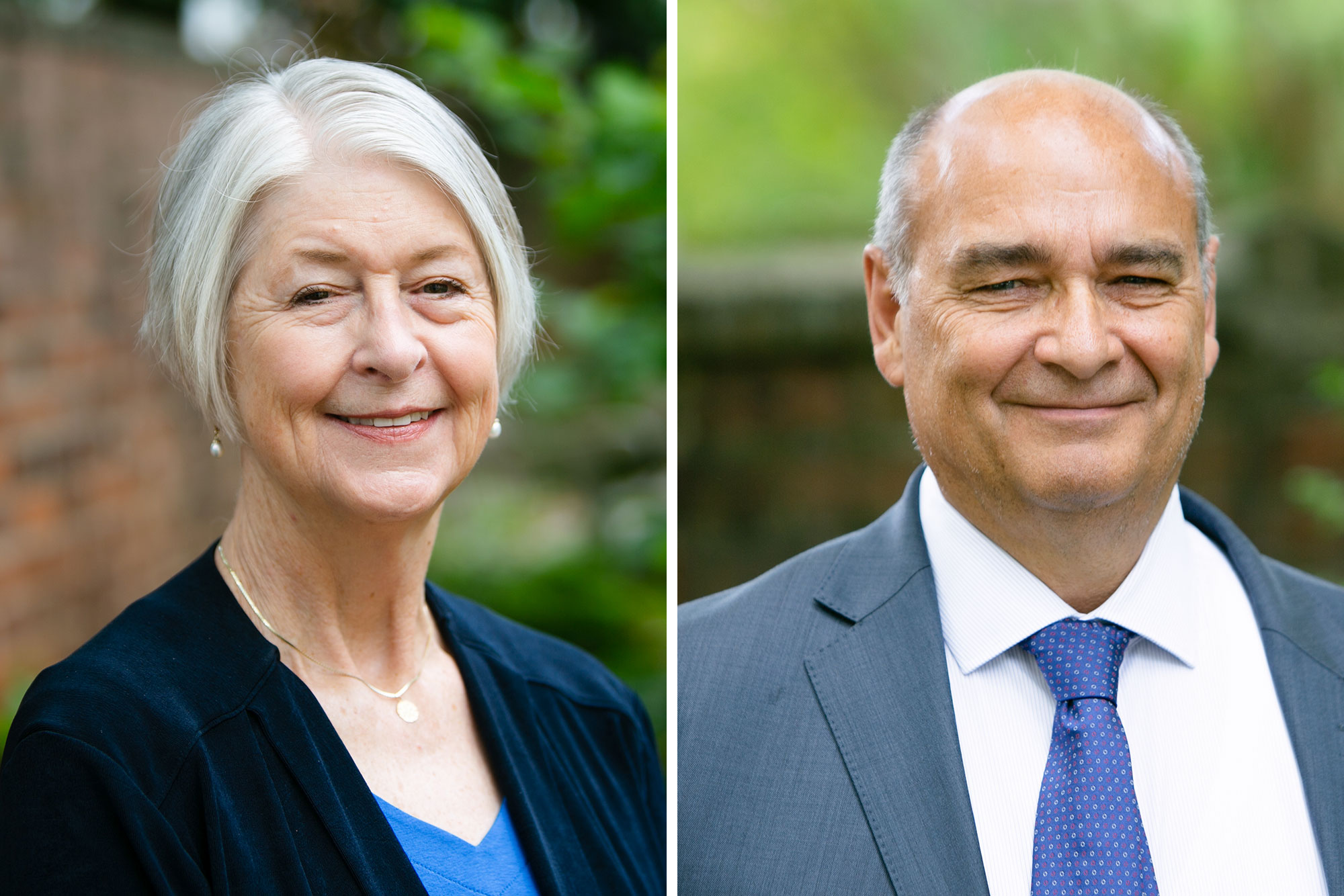Flourish “has been a game-changer for us,” Danielle Randle, Semple Elementary’s principal, said.
Flourish is part of UVA’s Compassionate Schools Project, a collaboration involving UVA’s School of Education and Human Development, its Youth-Nex Center, UVA’s Contemplative Sciences Center and the Jefferson County Public Schools. Flourish integrates mindfulness and movement into social and emotional learning to improve academic engagement, student well-being and behavior.
Students who participated in Flourish showed improvements in attention control, had a greater sense of support from their classmates and believed more strongly in their abilities to solve social problems. Researchers said the curriculum also helped prevent problem behaviors while increasing important developmental skills.
“I am always stressed that I am going to mess up,” said Maddie Pfannerstill, a Louisville elementary school student, “so I use mindfulness breathing to calm myself down.”
The students, teachers and administrators described their experiences with the project on a video produced about halfway through the study.
The Compassionate Schools Project, or CSP, “has been great for our school,” said Candace McMahon, a former CSP teacher at Luhr Elementary School in Kentucky.
“We have found that our kids have a lot of issues from their home lives that sometimes come with them to school that cause them to have trouble regulating their emotions and their focus,” McMahon said. “CSP really gives them specific strategies that they can use to put in place when they are feeling strained or stressed. And it will be strategies that will help them not only in school, but throughout life.”
Jefferson County Public Schools Superintendent Marty Pollio said the findings confirm what teachers and principals participating in the study have been telling him.
“This curriculum can help all of our students, but especially those in schools with the most need, in terms of being ready to learn day in and day out,” Pollio said. “And its lasting, preventive effect on disruptive behavior not only helps that student, but also peers, teachers, schools and the whole system.”
The effects were stronger in schools serving high-poverty communities, where students saw improvements in social problem-solving and positive behavior and reductions in problem behavior.
“The results show that through a class with this curriculum that is part of regular education, students can gain important resiliency skills that have well-proven linkages to better academic, mental health and behavioral functioning long term,” Patrick Tolan, a UVA education professor and principal investigator of the study, said. “It is exciting to see that the benefits were stronger where the need was greater.”
UVA researchers say the program’s focus on contemplation, integrating compassion and mindful awareness practices is uniquely innovative.
“While an increasing number of social and emotional learning programs are incorporating mindfulness into their curricula, few take such a comprehensive approach in designing a program that fosters students’ psychological well-being, social and emotional skills, physical health and attention,” said Tish Jennings, a professor at the UVA School of Education and coauthor of the Flourish curriculum.
With positive results from a prior pilot study and funding from a coalition of partners, the researchers launched the 8-year randomized control trial. The effects of the curriculum were measured over 2 years with follow-up to trace its impact over the long term.
“The Flourish curriculum is still being implemented with integrity, and educators continue to benefit from the training and support,” said Alexis Harris, director of the Compassionate Schools Project and coauthor of Flourish.
“I have been amazed by the rigorous work of the researchers, educators, school administrators, funders, advisers, community partners and more, who all came together with us to fill an important void in knowledge,” Owsley Brown III, board member of the Contemplative Sciences Center at UVA, said. “Mindfulness practices are well known to be effective in many settings, and they are often used in schools, but there hasn’t been high-quality research on whether and how they support learning for young kids. Louisville has given a rich trove of answers, and this is just the beginning.”











